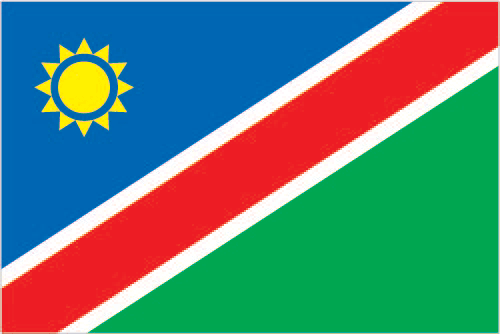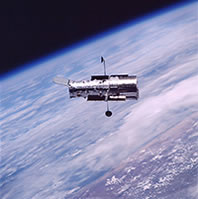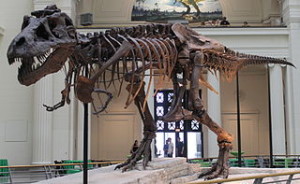
Nelson Mandela
Nelson Mandela was freed from prison in South Africa in 1990. He had been in prison for 27 years due to his anti-apartheid activities. He received the Nobel Peace Prize in 1993. He was elected president of South Africa from 1994 to 1999. He died on December 5, 2013. Children can learn more at: Nelson Mandela.






